Dadish
About Dadish
Dadish is a pixelated platformer about a radish looking for her child. But don't let its simple exterior fool you; hidden behind that retro shell is a touching, humorous, and sometimes surprising adventure that will make you laugh out loud because... it's typical of parents.
A meaningful "absurd" rescue
You play as a father, not a superhero, not a ninja, but a radish. And you don't save the world; you just go looking for the lost radish children hiding at the bottom of the trap-filled levels.
No drama, no heavy philosophical messages, Dadish is a humorous and lovely picture of fatherhood full of emotions, from helplessness and anxiety to... surprise at the "hyperactivity" of the children you create.
Gameplay is gentle but not monotonous
Dadish is a classic 2D platformer. You control the character to jump over traps, avoid enemies, control moving platforms, and try to reach the finish line to find a child sitting… whining about being abandoned.
- Each level has a separate theme, from forests and garbage dumps to strange caves with separate colors and mechanics. There are levels where you have to… ride a water rocket or race against… a talking burger.
- Random “mischief” phases, such as the boss talking nonsense, the child talking back to his father, or lines that make you “stop” in the middle to laugh, create a very different rhythm.
- Each child is a humorous reward; not only do you “rescue,” but you also get a “light troll” with sarcastic lines from the very children you are trying to find.
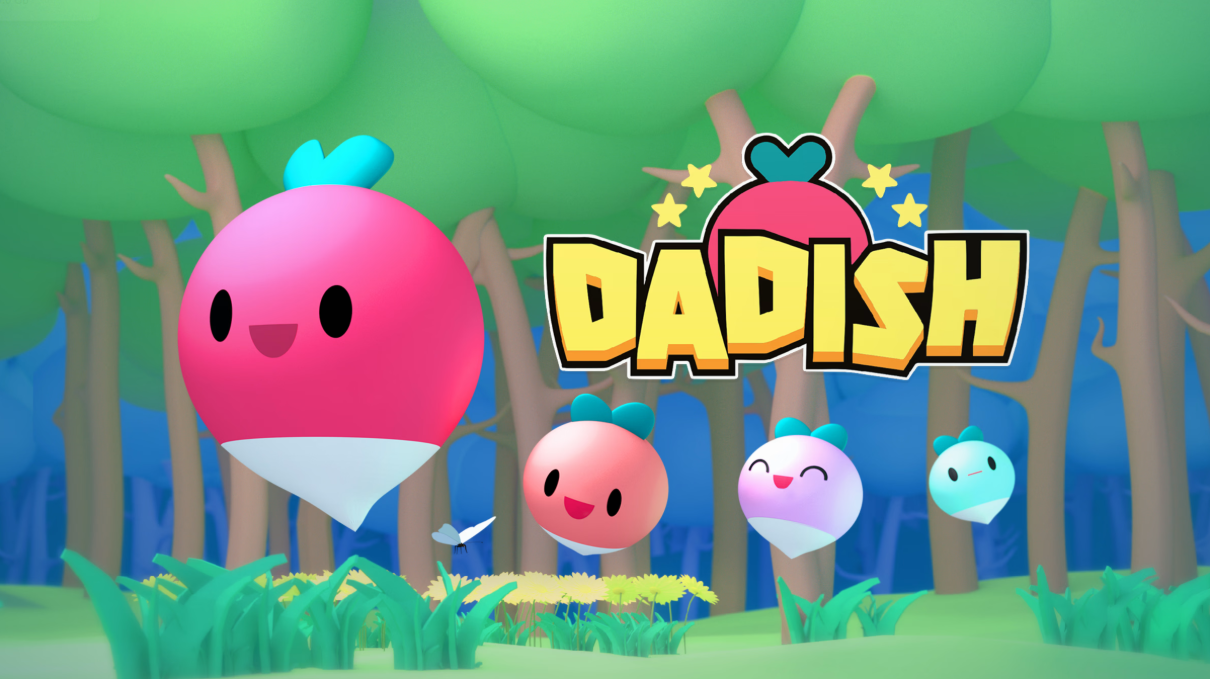
Hidden Mechanics and Hidden Challenges: What Casual Players Might Miss
Dadish has many layers of mini-challenges for players to discover beyond just “running from A to B.”
- Each level has a hidden star, and many levels have shortcuts or secret rooms that lead to rewards. Some hidden paths require players to perform pixel-perfect jumps that are so difficult that only those who “scrutinize every pixel” will notice.
- There are “psychological traps.” For example, you think you’ve just dodged an enemy, only to be teased by a trap that “falls from the sky” at the last second.
- Some children only appear if you intentionally go in the wrong direction, a trick that encourages players to “play around” instead of just following the process.
The personalities of each radish child
One of the less-explored aspects of the game, but what makes it so lively, is the distinct personalities of each child.
- Some kids ask their dad why it takes so long.
- Some kids say their dad is not as cool as... a jet ski.
- Some kids make their dad speechless with "philosophical" questions like, "If I'm a radish, does that mean you're eating my friends every day?"
This makes Dadish not only a "rescue" journey but also a "communication" journey between father and son, full of silliness but also full of warmth.
Boss system and reflexes: Unexpected spices
- Bosses are angry about fast food like hamburgers, giant soft drinks, or flying hot dogs.
- Each boss has its own attack pattern, requiring players to "learn patterns" like in classic action games.
But the interesting point is every boss... talks a lot and is very stupid, and you have to fight while laughing tiredly with dialogues like
"I'm a pizza that used to dream of being a lawyer; now I throw cheese in your face!"
Dadish is a simple, accessible game, but it contains deep emotions and high creativity. Behind the humor are heartwarming messages about family, about the silent efforts of fathers, and about the journey of growing up of “shallow-rooted” children.
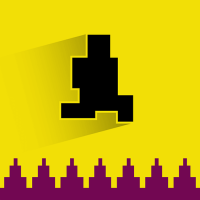

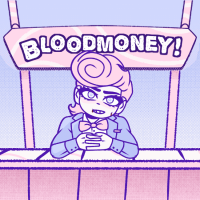


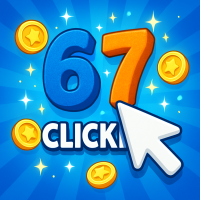


















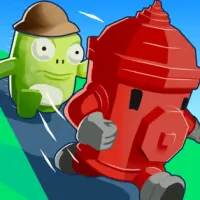
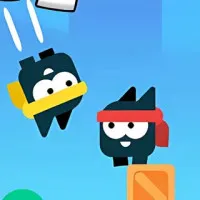
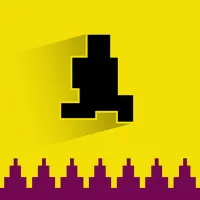


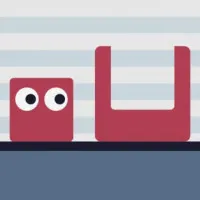




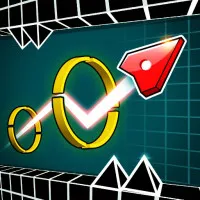
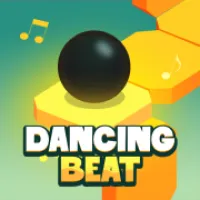
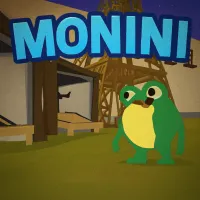
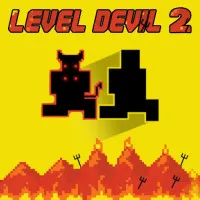

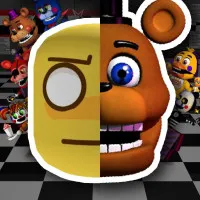
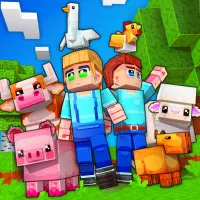
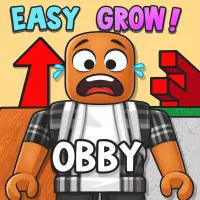
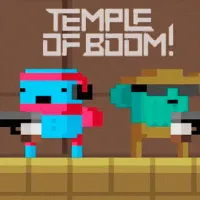

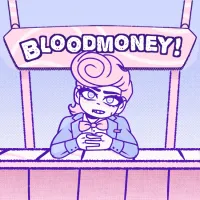
Discuss Dadish